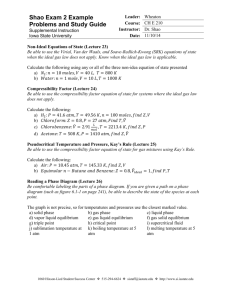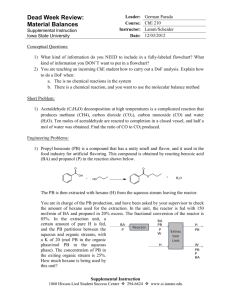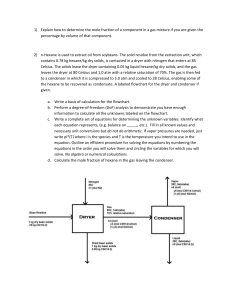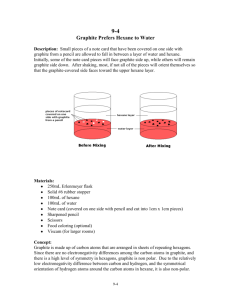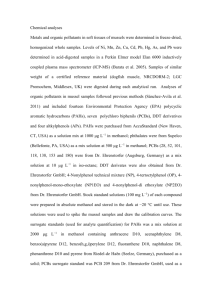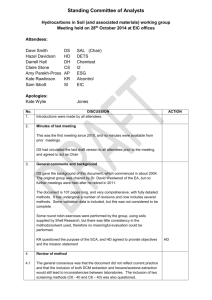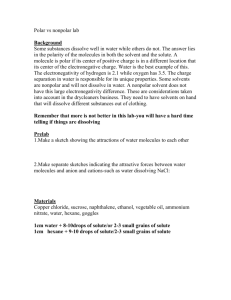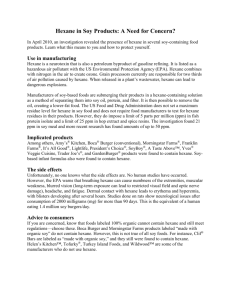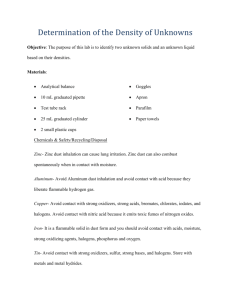read more
advertisement
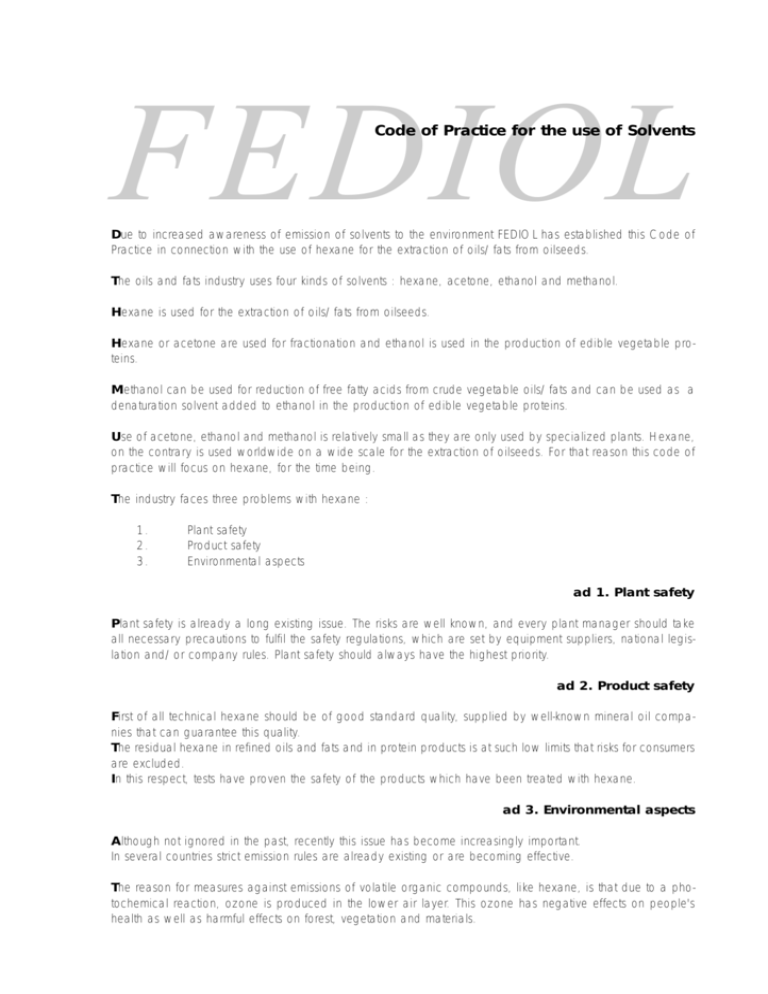
FEDIOL Code of Practice for the use of Solvents Due to increased awareness of emission of solvents to the environment FEDIOL has established this Code of Practice in connection with the use of hexane for the extraction of oils/fats from oilseeds. The oils and fats industry uses four kinds of solvents : hexane, acetone, ethanol and methanol. Hexane is used for the extraction of oils/fats from oilseeds. Hexane or acetone are used for fractionation and ethanol is used in the production of edible vegetable proteins. Methanol can be used for reduction of free fatty acids from crude vegetable oils/fats and can be used as a denaturation solvent added to ethanol in the production of edible vegetable proteins. Use of acetone, ethanol and methanol is relatively small as they are only used by specialized plants. Hexane, on the contrary is used worldwide on a wide scale for the extraction of oilseeds. For that reason this code of practice will focus on hexane, for the time being. The industry faces three problems with hexane : 1. 2. 3. Plant safety Product safety Environmental aspects ad 1. Plant safety Plant safety is already a long existing issue. The risks are well known, and every plant manager should take all necessary precautions to fulfil the safety regulations, which are set by equipment suppliers, national legislation and/or company rules. Plant safety should always have the highest priority. ad 2. Product safety First of all technical hexane should be of good standard quality, supplied by well-known mineral oil companies that can guarantee this quality. The residual hexane in refined oils and fats and in protein products is at such low limits that risks for consumers are excluded. In this respect, tests have proven the safety of the products which have been treated with hexane. ad 3. Environmental aspects Although not ignored in the past, recently this issue has become increasingly important. In several countries strict emission rules are already existing or are becoming effective. The reason for measures against emissions of volatile organic compounds, like hexane, is that due to a photochemical reaction, ozone is produced in the lower air layer. This ozone has negative effects on people's health as well as harmful effects on forest, vegetation and materials. FEDIOL Reduction in hexane emissions can be obtained by good plant management and investment in proper equipment. [These guidelines only apply to continuous crushing processes. For practical reasons hexane emission and consumption are considered being the same.] FEDIOL members should by all relevant means aim to reduce the emission of hexane from oilseed extraction. For that reason following guidelines have been formulated. Guidelines to reduce hexane emissions 1. Ensure all plant personnel are aware of the need to reduce hexane emissions. 2. Improve operating conditions to avoid as much as possible stops and pressure differences. 3. Install the right size of equipment ; some overdimensioning of hexane recovery installation is advisable. 4. Hexane losses take place at three major points : - via crude oil - via meal - via mineral oil absorber system/final vent A fourth one could be named "miscellaneous" : these are losses via flanges, manholes, sight glasses, airpurges, dt-airstream etc.. Due to several circumstances (e.g. seed quality) variations in pressure are unavoidable, which might cause hexane losses through the whole system. To reduce hexane losses via the extracted oil it is necessary to do proper hexane stripping by having a stripper of sufficient capacity and using sufficient steam. Proper cleaning of the stripper is necessary. To reduce hexane losses via the meal one should install a good working desolventizer/toaster of the countercurrent type. This will not only reduce the hexane losses, but will also save on steam (= energy). The working of the mineral oil system can considerably be improved by well-dimensioning and by good periodic cleaning. For a further reduction of the hexane emissions from the m.o.s., different techniques are under consideration. Some are criticized for safety reasons (burning), others still have to prove their practical working (membranes), whereas others are extremely expensive. To reduce the miscellaneous hexane losses it is necessary to have good plant management, i.e. good maintenance, a system of solvent loss control, apply proper flanges, etc... September 1993
